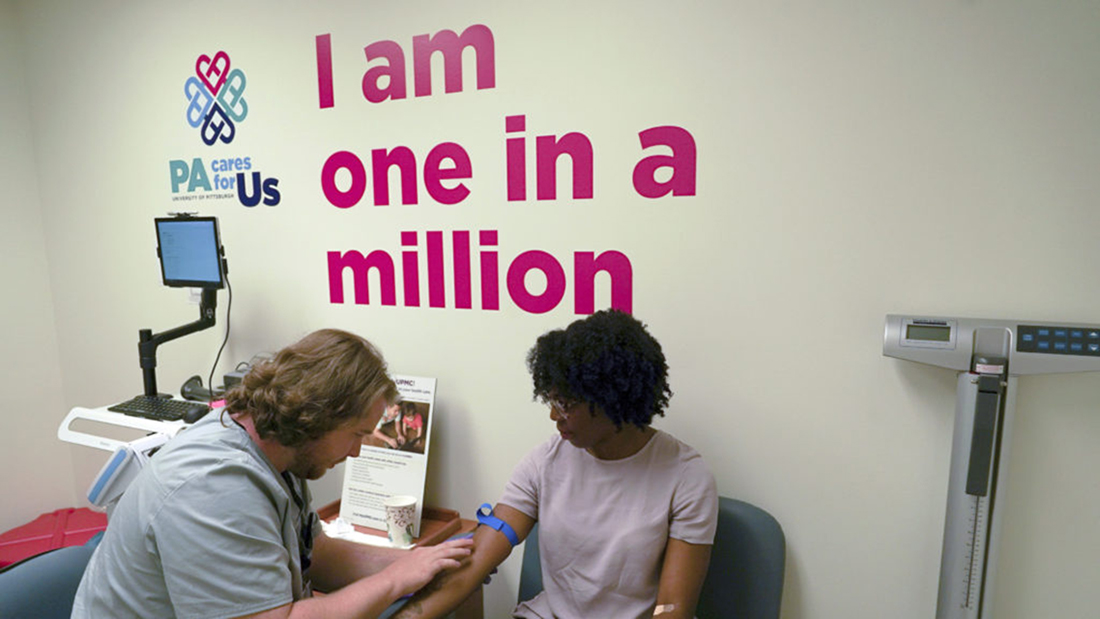
13 Jun I handed over my genetic data to the NIH. Here’s why you should, too
By Eric Dishman, STAT
The National Institutes of Health recently launched the All of Us Research Program to create one of the largest, richest public resources for biomedical research in human history. Its mission is to accelerate medical breakthroughs that personalize prevention, treatment, and care for all Americans. As the director of this unprecedented program — and as a cancer survivor, patient advocate, and participant in more than a dozen research studies — I want to share how we are safeguarding participant confidentiality and personal data.
Long before this program began, the NIH conducted focus groups, sent out surveys, and set up listening sessions with people about their hopes, ideas, and concerns about collecting detailed and sensitive health information from a million or more people over their lifetimes. We made certain to meet with demographically diverse and vulnerable communities. These communities have good reason to be suspicious of research because of past breaches of trust perpetrated by government programs — from the Tuskegee syphilis study to the Havasupai genetic study. With their help and input from top privacy, security, and ethics experts, we created clear privacy and security principles for All of Us and included these as part of our core values.
In other words, privacy and security have been in the program’s bones from the beginning and are continuously baked into it with help from our network of more than 70 community partners. Building trust with communities, especially around privacy and security, is paramount to the success of All of Us. After all, participants are agreeing to share sensitive, personal health information from electronic health records; information about many aspects of their lives, including where they’ve lived to help understand environmental exposures; and blood and urine samples for genomic data to understand genetic risks. Read more …



